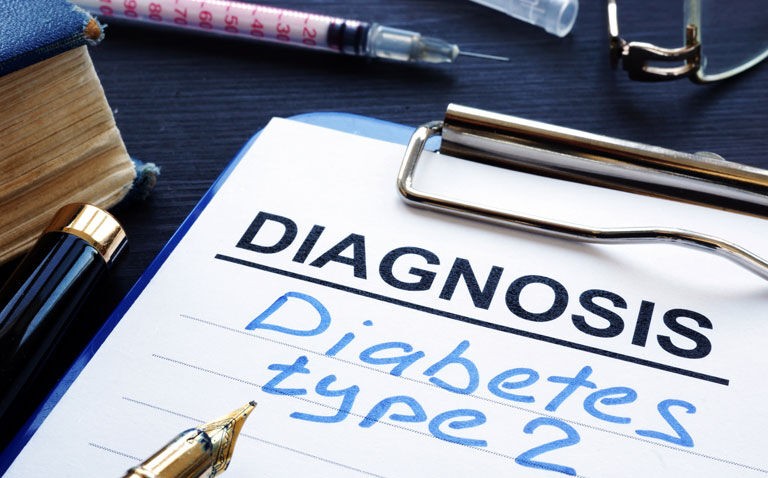SGLT-2 inhibitors and metformin have similar CV outcomes in type 2 diabetes though SGLT-2 inhibitors slightly lower heart failure mortality
SGLT-2 inhibitors and metformin when initiated for patients with type 2 diabetes have been shown to have the same cardiovascular outcomes such as myocardial infarction, stroke and death although use of SFLT-2 inhibitors is associated with a slightly lower risk of both hospitalisation and death due to heart failure.
These were the key findings from a cohort study analysis by a team based at Harvard University, Boston, USA.
In addition, evidence from the UK Prospective Diabetes Study showed that patients assigned to metformin had risk reductions of 32% for any diabetes-related endpoint, 42% for diabetes-related death and 36% for all-cause mortality.
Thus, although SGLT-2 inhibitors and metformin are primarily diabetic treatments, it is apparent that both are associated with cardiovascular benefits in diabetic patients. Furthermore, using SGLT-2 inhibitors and metformin as a first-line combination therapy for patients with type 2 diabetes has been suggested as a cost-effective strategy for the management of both type2 diabetes and cardiovascular disease.
However, what remains uncertain, is the relative cardiovascular benefits of using either a SGLT-2 inhibitor or metformin as mono-therapy in patients with type 2 diabetes.
In the present study, the US team used information held within two large commercial health insurance databases to compare the incidence of cardiovascular events when either treatment was initiated as mono-therapy.
The researchers focused on adults (> 18 years of age) with a diagnosis of type 2 diabetes and those who had new prescription for SGLT-2 inhibitors or metformin. Individuals were followed-up until the occurrence of a study outcome, death or discontinuation of treatment.
There were two primary outcomes of interest; a composite of acute myocardial infarction, stroke or all-cause mortality (referred to as ‘mortality’) and a composite of hospitalisation for heart failure or all-cause mortality (HHF).
For secondary outcomes, the authors individually assessed the effect of either treatment on different components of the two composites. Individuals were propensity-matched 1:2 (SGLT-2i: metformin).
SGLT-2 inhibitors and metformin
A total of 8,613 first-time SGLT-2i patients were matched to 17,226 metformin users, with a mean age of 60 years (approximately 51% male). Individuals prescribed SGLT-2i were followed for a mean of 10.7 months and metformin users for 12.2 months.
The risk of the composite mortality outcome was not significantly different between the two treatments (hazard ratio, HR = 0.96, 95% CI 0.77 – 1.19). However, SGLT-2i inhibitor use was associated with a lower risk of HHF (HR = 0.80, 95% CI 0.66 – 0.97).
When each of the outcomes were analysed separately, only hospitalisation for heart failure was significantly lower (HR = 0.78, 95% CI 0.62 – 0.97) in those prescribed a SGLT-2i.
Based on these findings, the authors concluded that first-line treatment of type 2 diabetes with SGLT-2i or metformin was associated with a similar risk of adverse cardiovascular outcomes although SGLT-2i use was linked to a lower risk of hospitalisation and mortality due to heart failure. However, they called for a randomised trial to provide more robust evidence to confirm these findings.
Citation
Shin JH et al. Cardiovascular Outcomes in Patients Initiating First-Line Treatment of Type 2 Diabetes With Sodium–Glucose Cotransporter-2 Inhibitors Versus Metformin. A Cohort Study Ann Intern Med 2022










